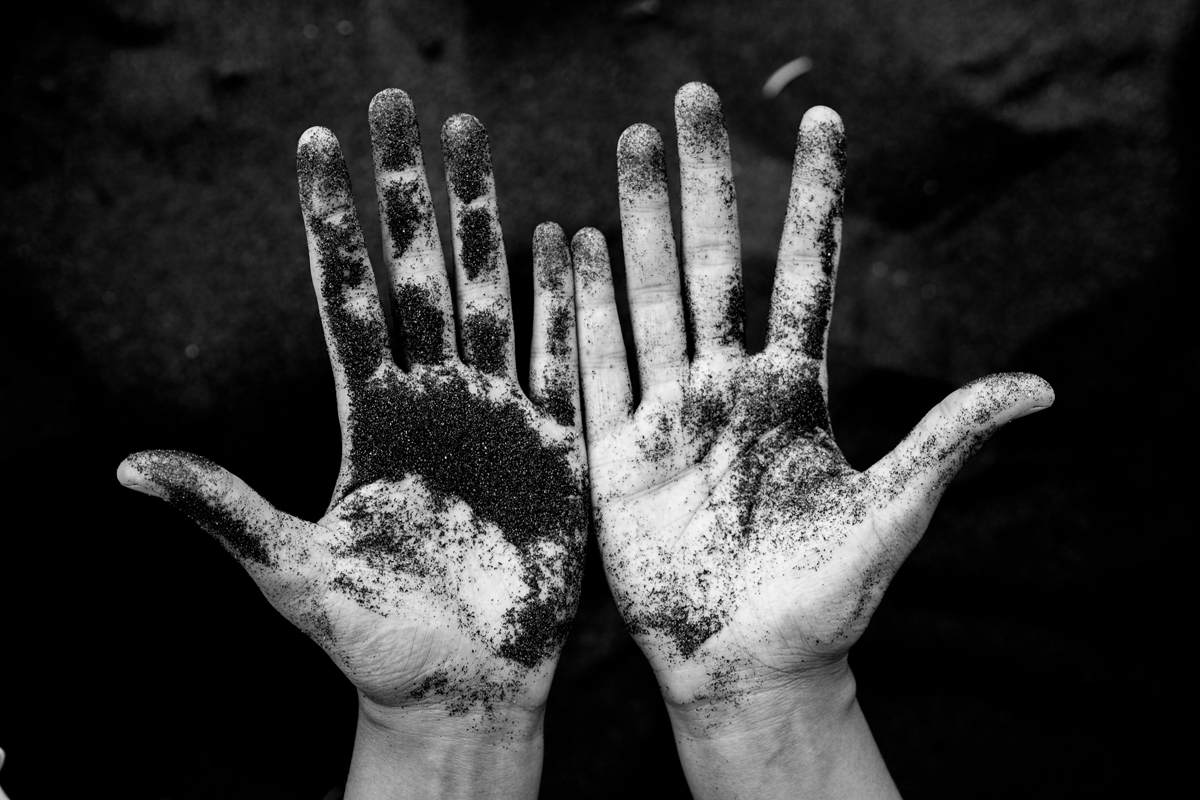How Can We End the Stigma of Addiction?
When people struggle with an addiction, one of the main barriers to healing and treatment is the stigma surrounding their condition.
Unfortunately, there are common beliefs about addiction that evoke deep shame and encourage harmful behavior. People suffering from an addiction often face hostile attitudes, discrimination, disrespect, and rejection. They internalize these negative beliefs and begin to think that they deserve to live in shame and disgrace.
As a result, they may avoid seeking treatment and support for their addiction. The shame may worsen their mental health and drive them to continue engaging in addictive behaviors. The steep costs potentially include medical bills, lost wages, and legal penalties.
To save lives and treat people with the dignity and compassion they deserve, we need to end the stigma of addiction and keep dignity in addiction treatment. What are some ways to do this?
Reminding People They’re Not Alone
Addiction is widespread. People from every walk of life experience it. You see it across every gender, race, ethnicity, religion, and other demographic factors. In 2016, the U.S. Surgeon General estimated that one out of every seven Americans will struggle with a substance addiction.
An addiction to alcohol or other drugs doesn’t mean that someone is profoundly strange or somehow outside the bounds of society. Addiction is common. It can occur among our family members, friends, neighbors, colleagues, peers, and students. If you’re suffering from an addiction, you’re not alone with it.
Reminding People that Addiction Doesn’t Define a Person
One false belief that feeds the addiction stigma is that addiction is a sign of poor character. This belief keeps people living in shame and increases the chances that they’ll suffer alienation and loss of support.
What do we actually see every day? People who are kind, loving, imaginative, and smart can develop an addiction. It can crop up among people who are hard-working, faithful, and generous. An addiction doesn’t tell us anything about an individual’s complex personality and beautiful dreams.
Addictions develop in various ways. But they aren’t the defining element of someone’s identity. They aren’t a sign of poor character, and they don’t make someone undeserving of kindness, compassion, and understanding.
Speaking Out and Raising Awareness
There are a number of ways to undo shame and tear down false beliefs. While remaining mindful of privacy and personal boundaries, people can share stories about addiction, recovery, and treatment. They can help put a human face to addiction and show how it occurs in every community across the country.
Another possibility is to participate in community events related to mental health or in political meetings involving addiction and related issues, including improved access to treatment. You can also offer support to someone currently struggling with an addiction or working on recovery. Always treat people with kindness and dignity, and remember that they’re multifaceted individuals. Evaluate any quick assumptions you’ve made about their life story or personality.
Fighting stigma involves dismantling barriers. Shame keeps people quiet and makes them feel isolated. Sharing the truth, revising misconceptions, and building networks of support are critical steps for reducing stigma.
Emphasizing Dignity in Addiction Treatment
Attending a high-quality treatment program is an important step in grappling with addiction and recovering from it.
Treatment isn’t shameful. It isn’t a mark of weakness. It’s a profound act of caring for yourself and others around you, and it involves strength, hope, love, and dignity. There’s no stigma in devoting time to your health and well-being. A good program will provide you with support and guidance. It will give you strategies and tools to take with you through life, and it will nurture your fine qualities.
Whether or not people are in treatment, they should never suffer from addiction stigma. At great cost and for no good reason, stigma prevents people from finding the support they need and experiencing the benefits of treatment. Let’s work together to fight addiction stigma and promote respect, compassion, and dignity.
If you, or someone you love is facing addiction, please reach out to the counselors at St. Gregory Recovery Center today for help.











